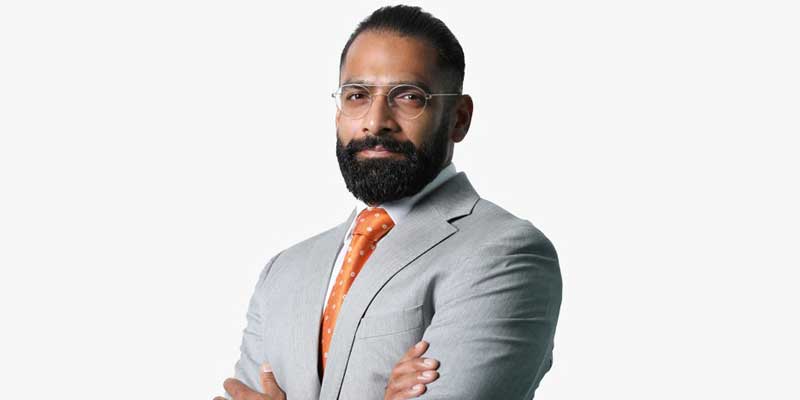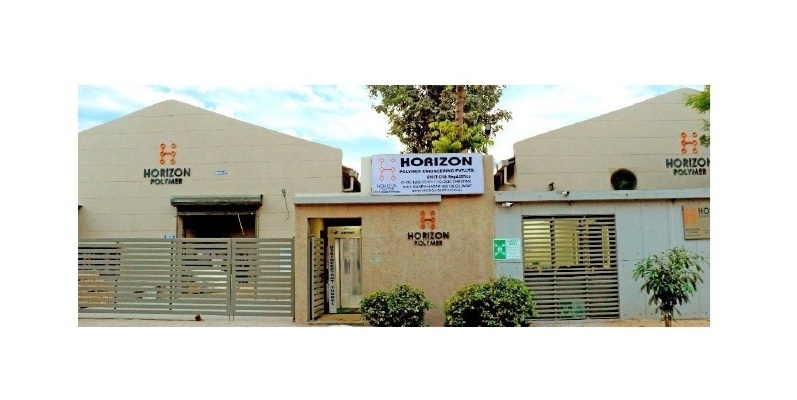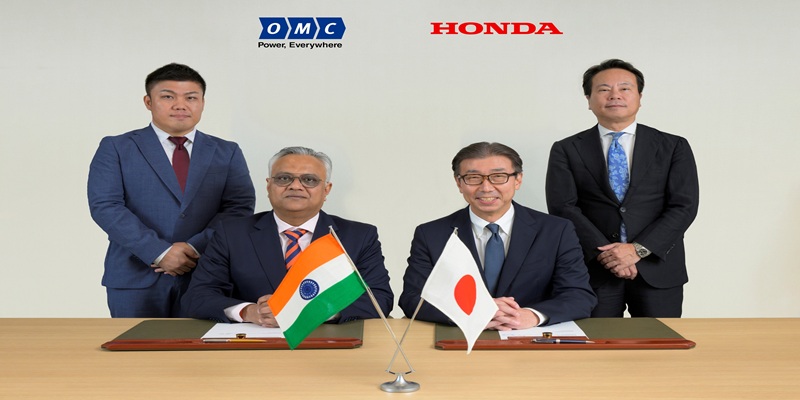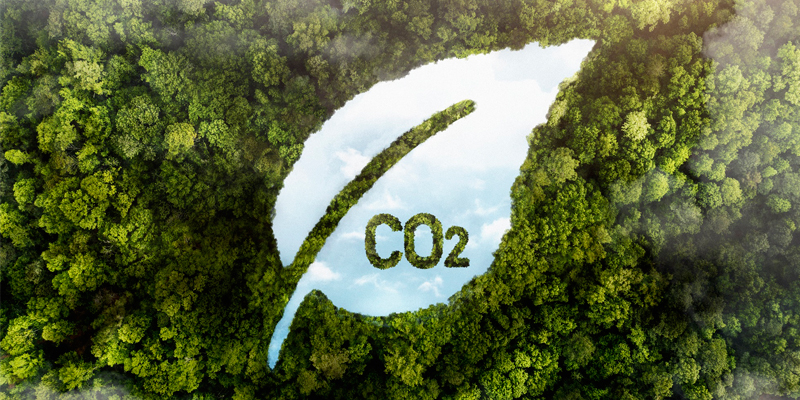Schedule a Call Back
Modern Automotive provides special steel engineering solutions to OEMs
 Articles
Articles- Jun 26,23

- Recycling: We are getting scrap from our customers to enable the use in preferably remelting of the same.
- Horizontal expansion: We have increased forging press capacity from 1600T to 4000T.
- Vertical integration: Semi to fully finished crank assembly, fully finished tie rod and fully finished suspension assembly.
- Exports: We will increase export business from 5 per cent to 25 per cent.
Related Stories

OMC Power aims 1 GW target, to scale up BESS deployment: Rohit Chandra
In this interview with Rakesh Rao, Rohit Chandra, MD and CEO of OMC Power, highlights the role of the distributed renewable energy sector in driving India’s energy transition.
Read more
Japan’s KITZ Corp buys Horizon Polymer Engineering
The Gandhinagar based Horizon Polymer Engineering manufactures and sells fluoropolymer-lined products, such as pipes, fittings, valves, tanks and vessels, mainly for the fine chemicals market.
Read more
OMC Power Attracts Investment from Honda Motor, Targets 1 GWp RE Capacity
The partnership unites Honda’s technology with OMC’s rural reach to drive a 1 GWp clean energy goal and advance battery repurposing innovation.
Read moreRelated Products

Automotive Oil Pump
Kalpak Auto Pvt Ltd offers a wide range of
automotive oil pump.
Tata Motors unveils facilities for development of Hydrogen propulsion tech
Tata Motors, India?s largest automobile company, unveiled two state-of-the-art & new-age R&D facilities for meeting its mission of offering sustainable mobility solutions. The unveilings constitute of Read more
Tata Motors plans petrol powertrain for Harrier and Safari SUVs
Tata Motors is in the process of developing a new petrol powertrain for its premium sports utility vehicles, the Harrier and Safari, as confirmed by a senior company official. Currently, these models Read more
















